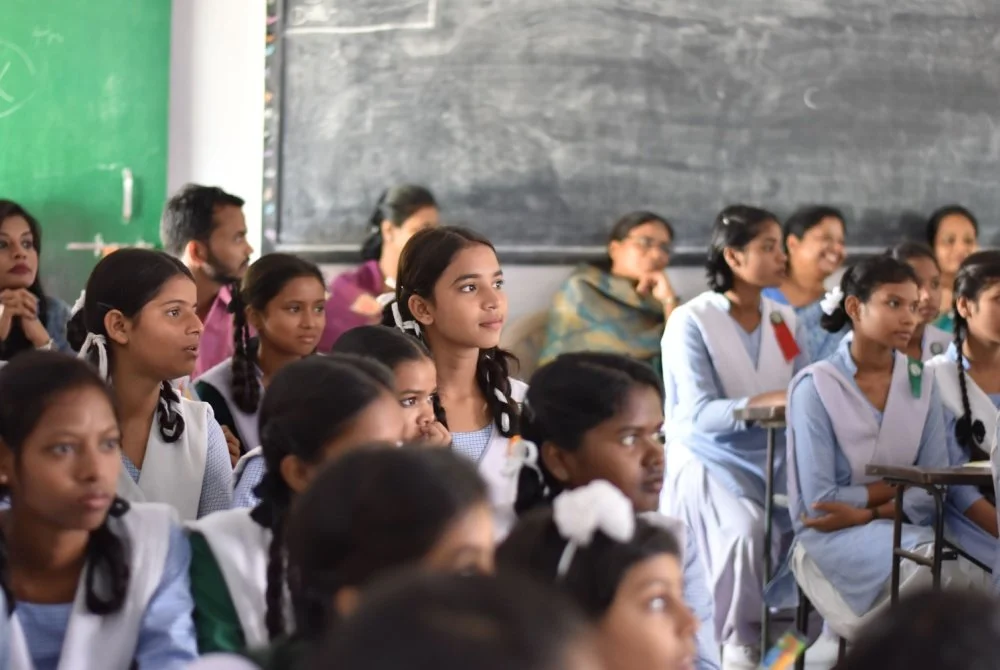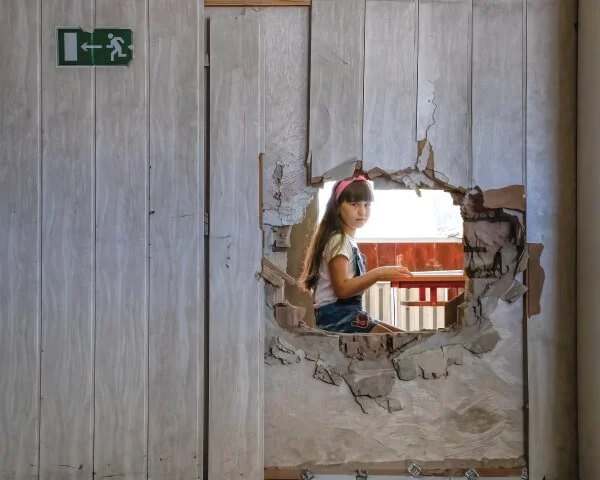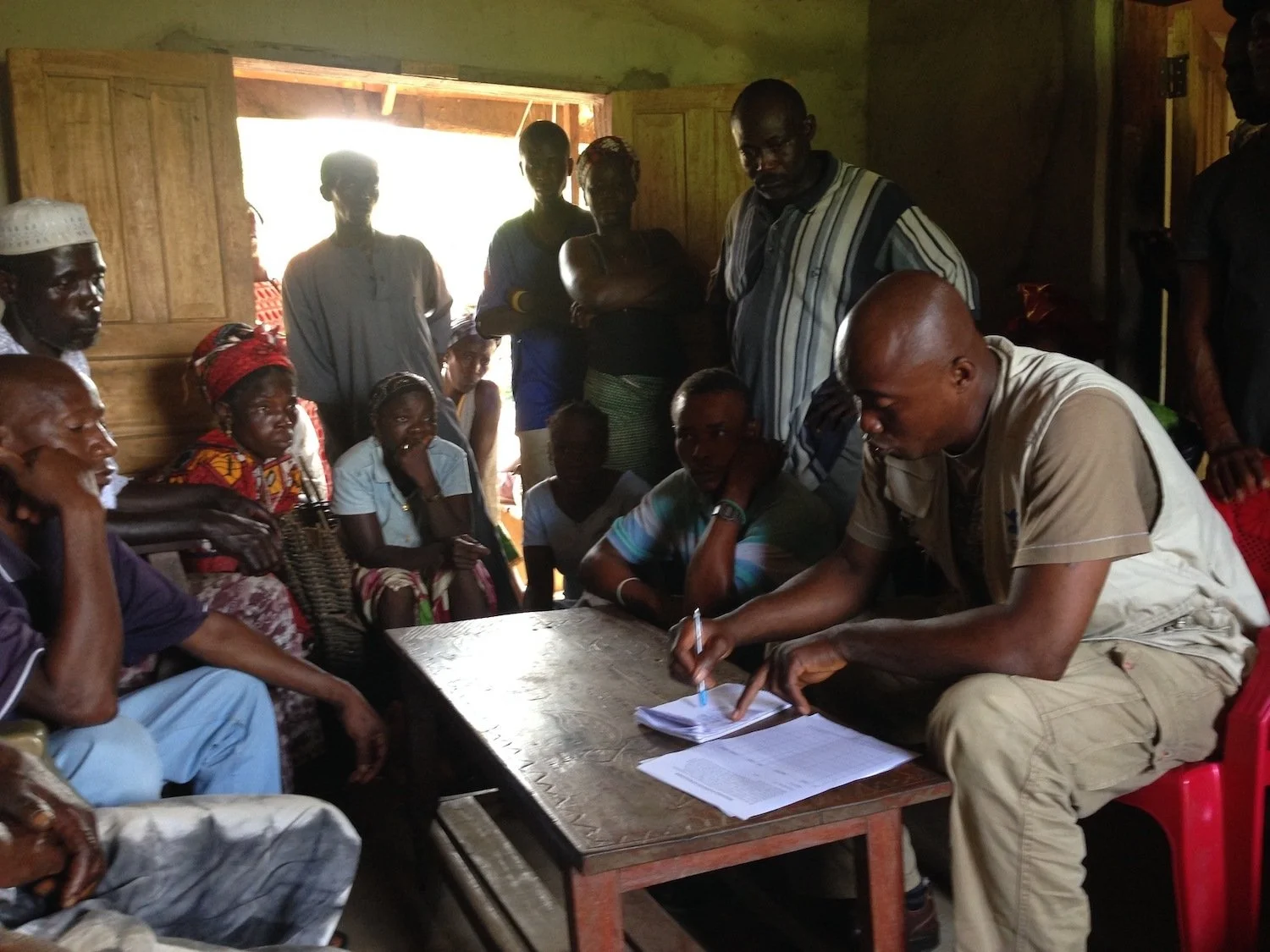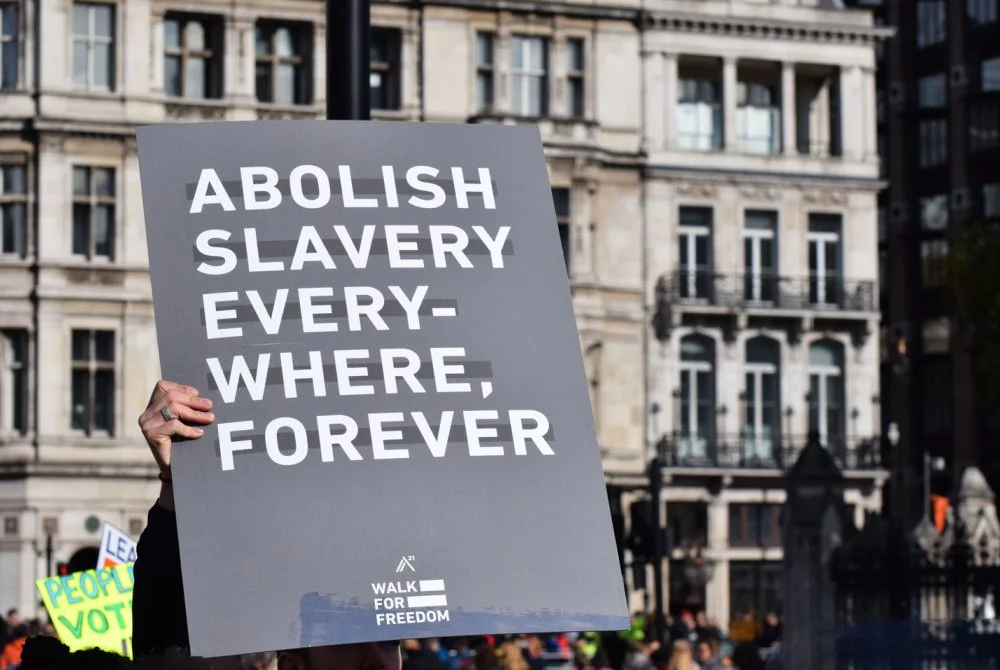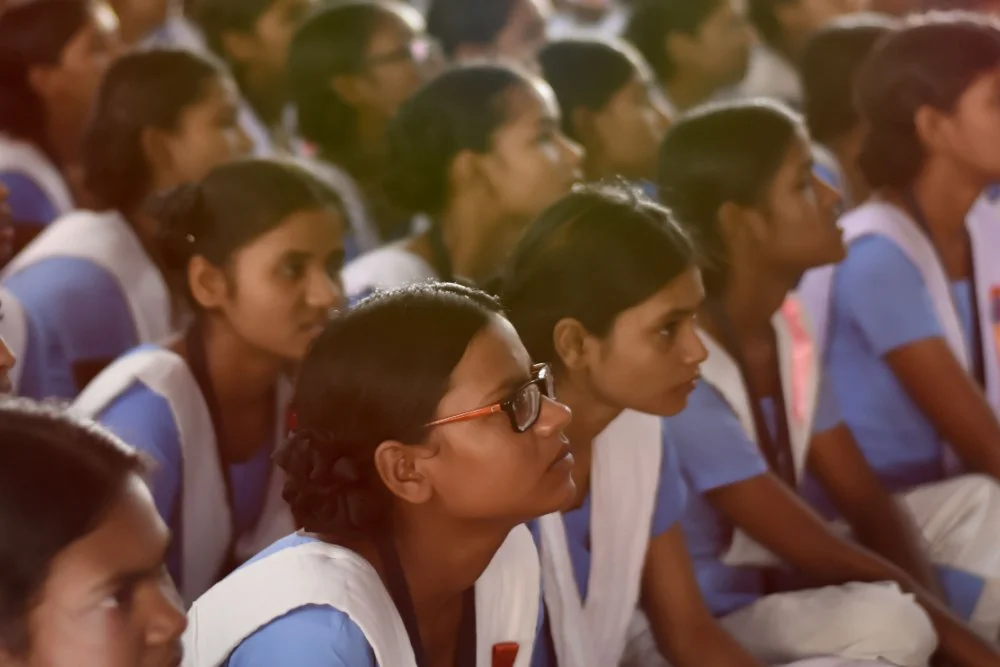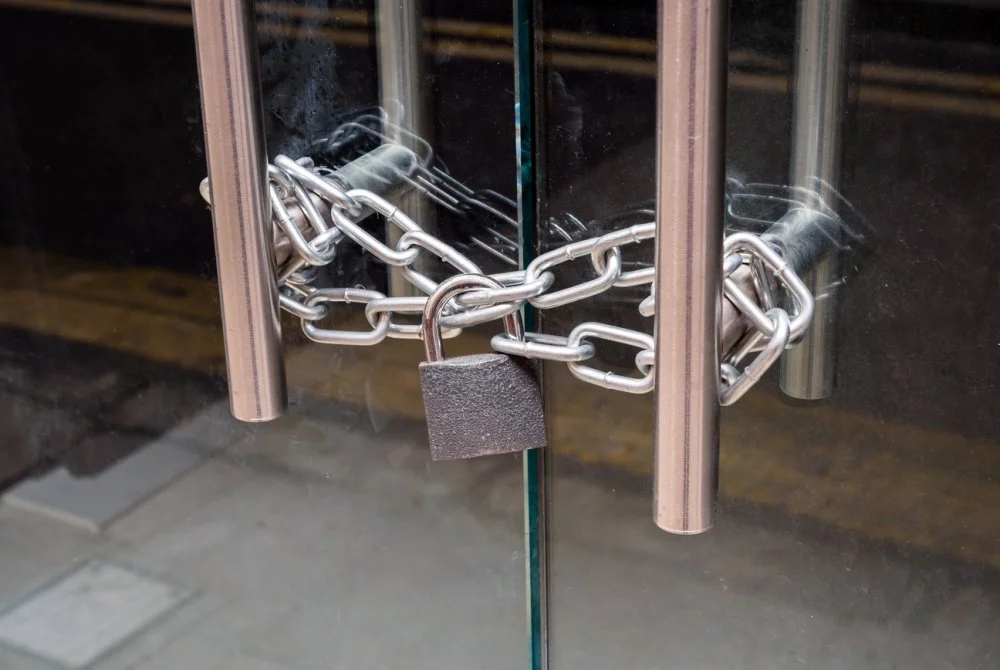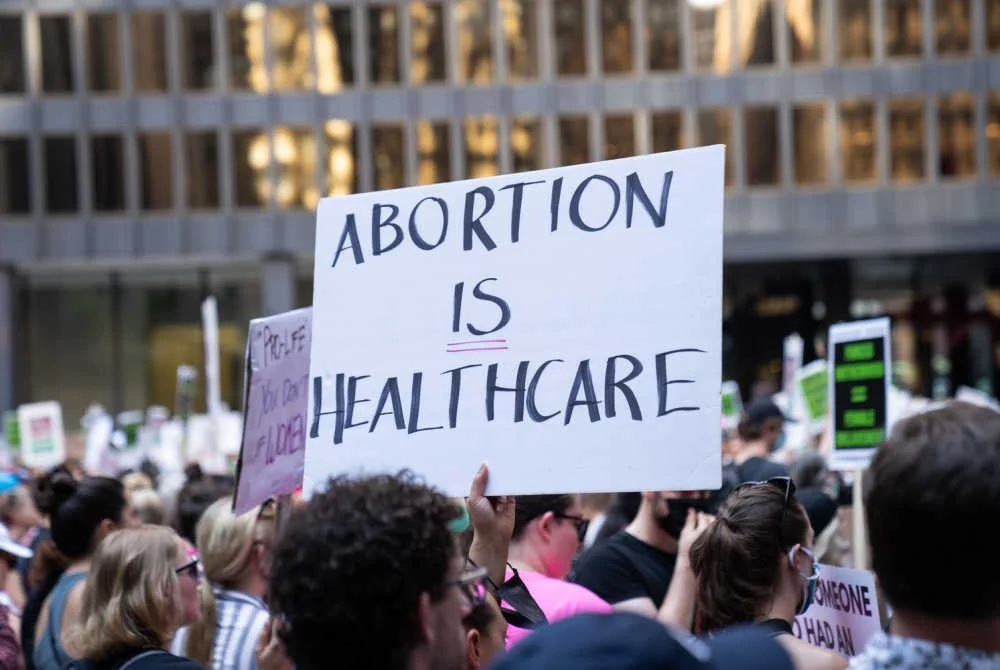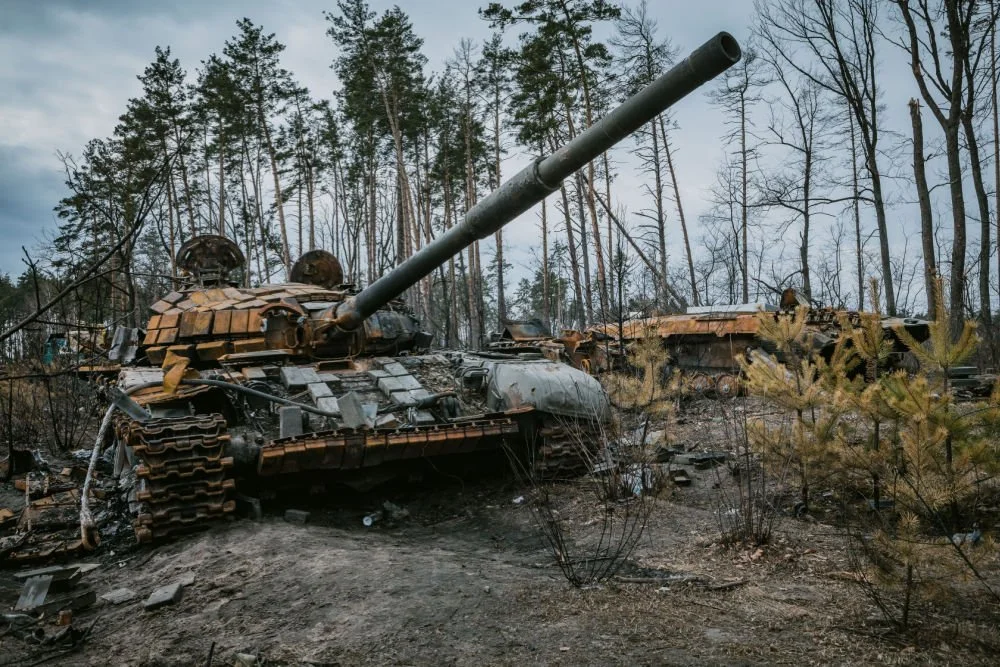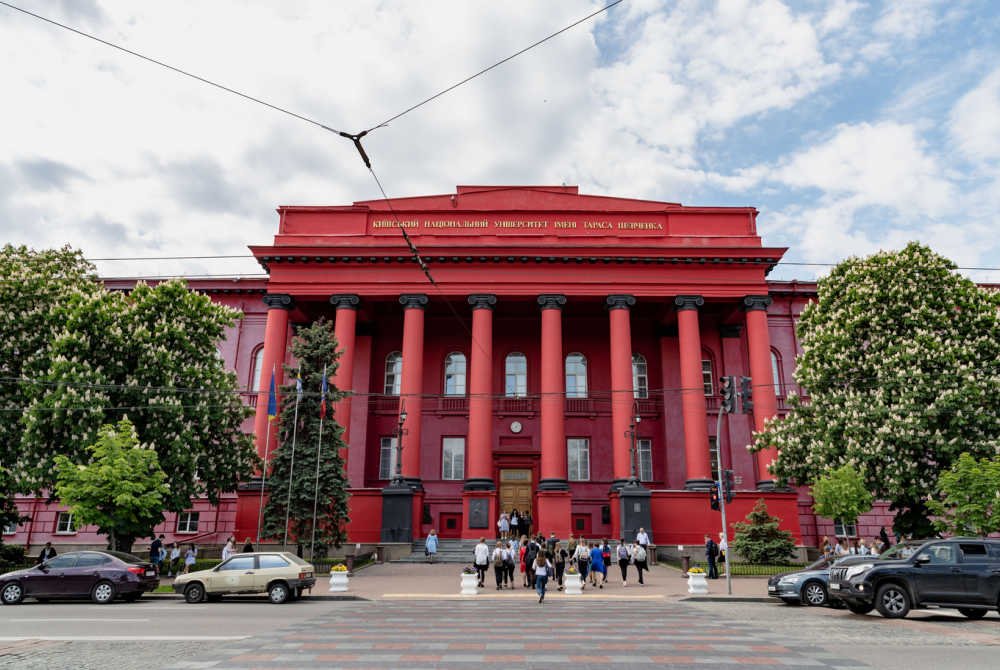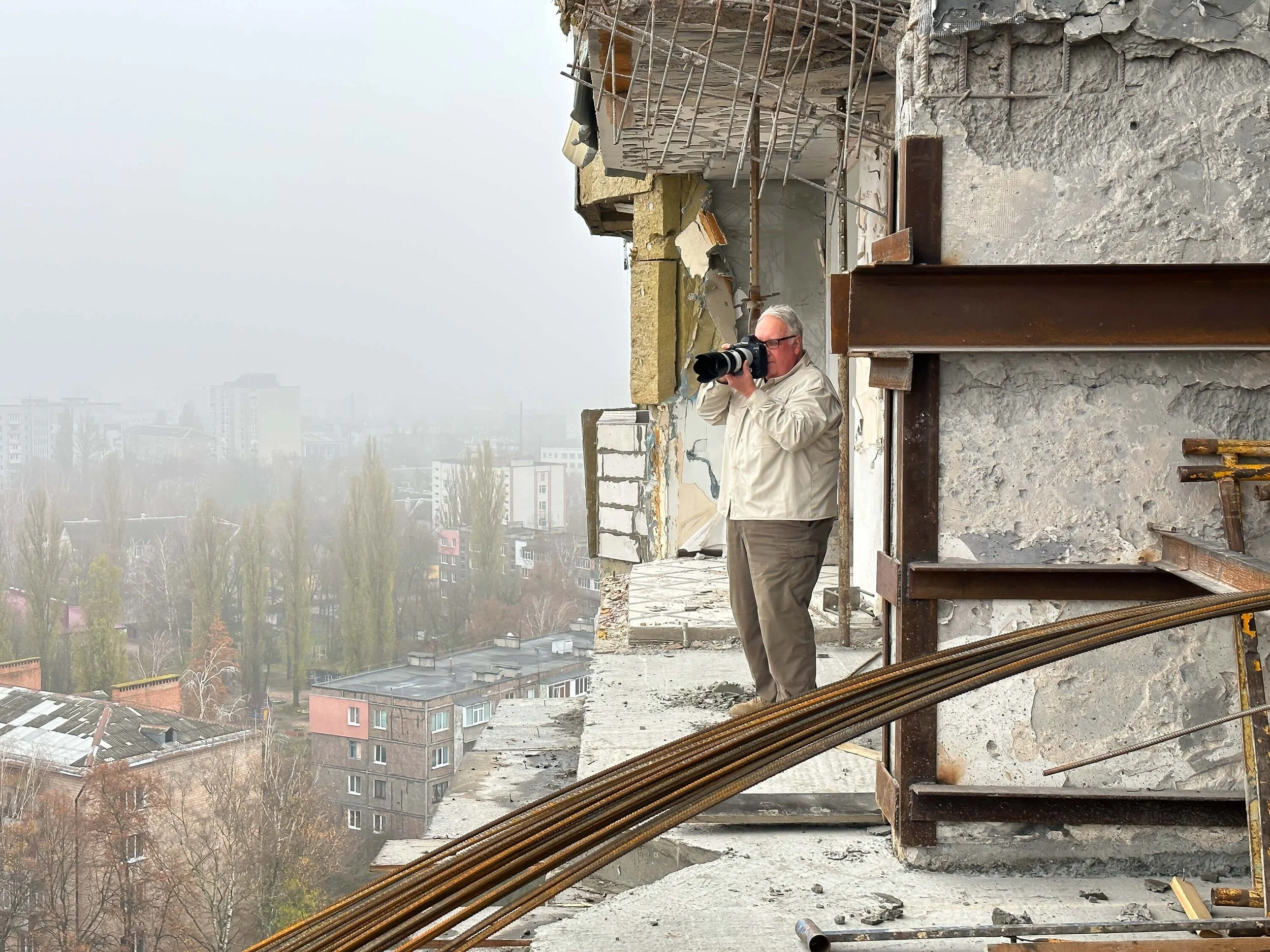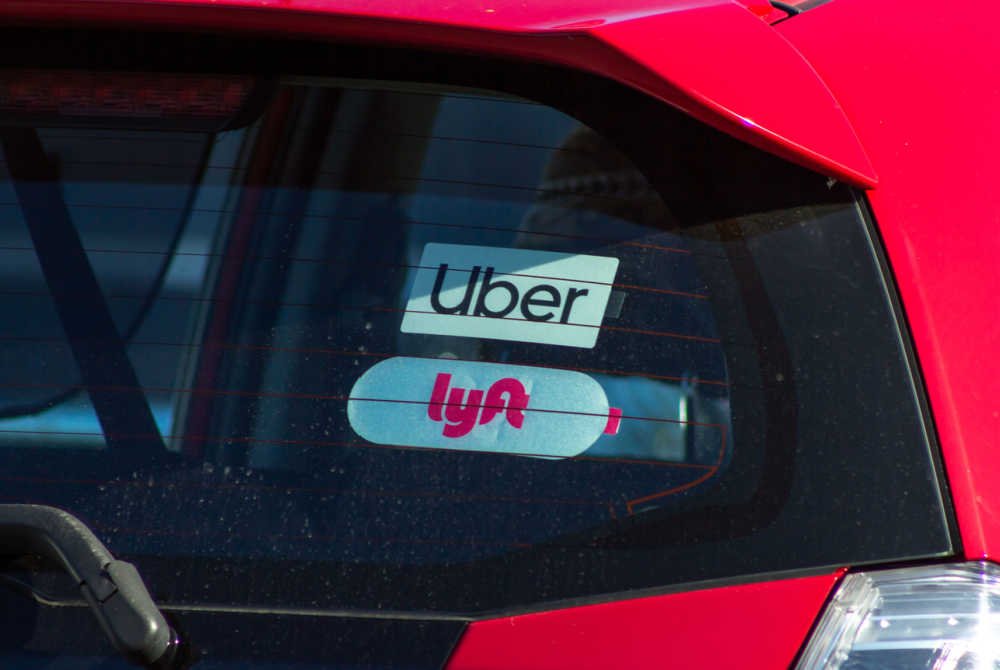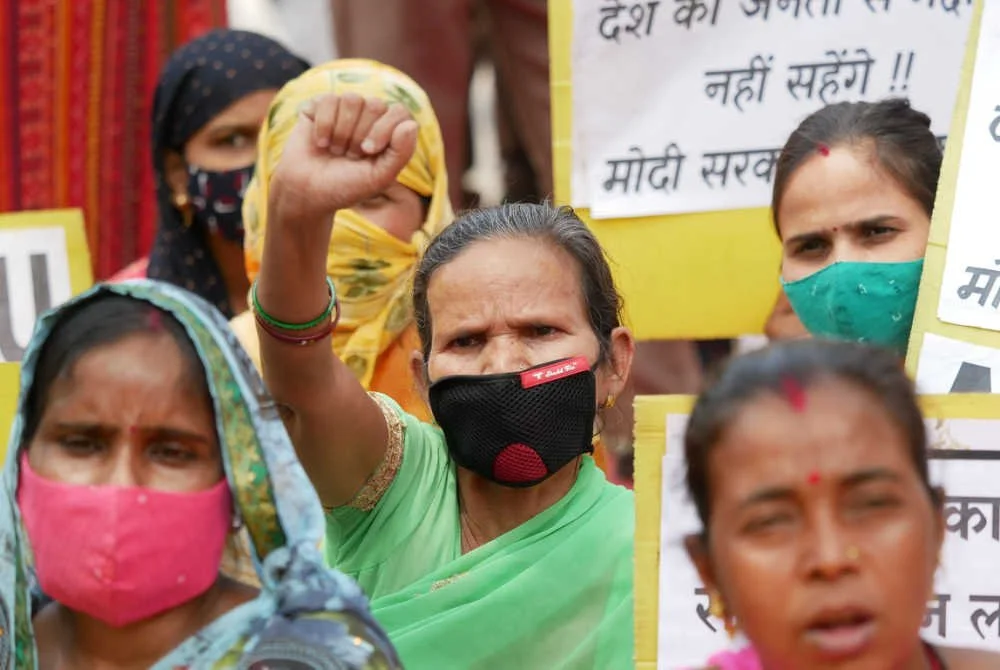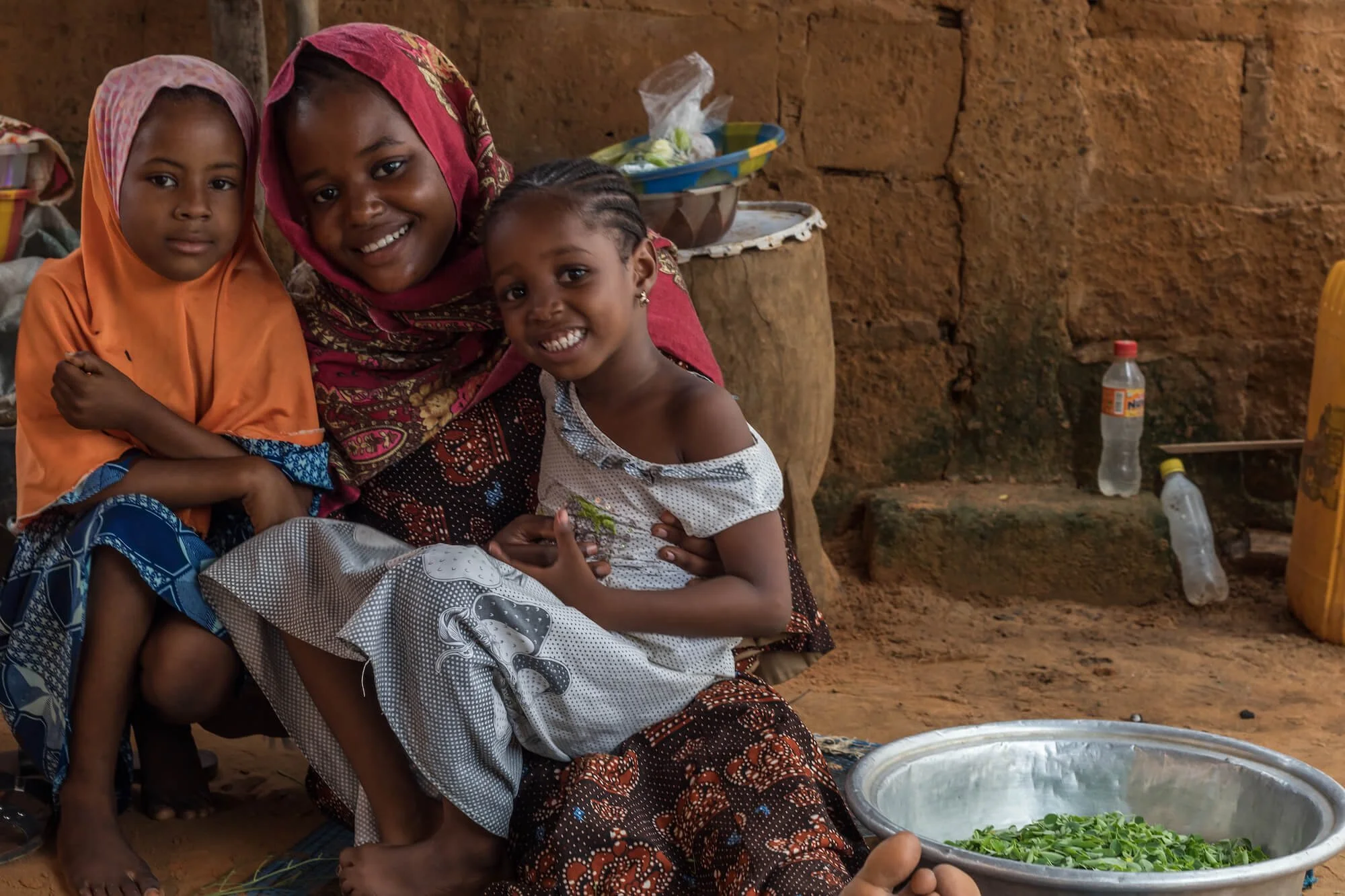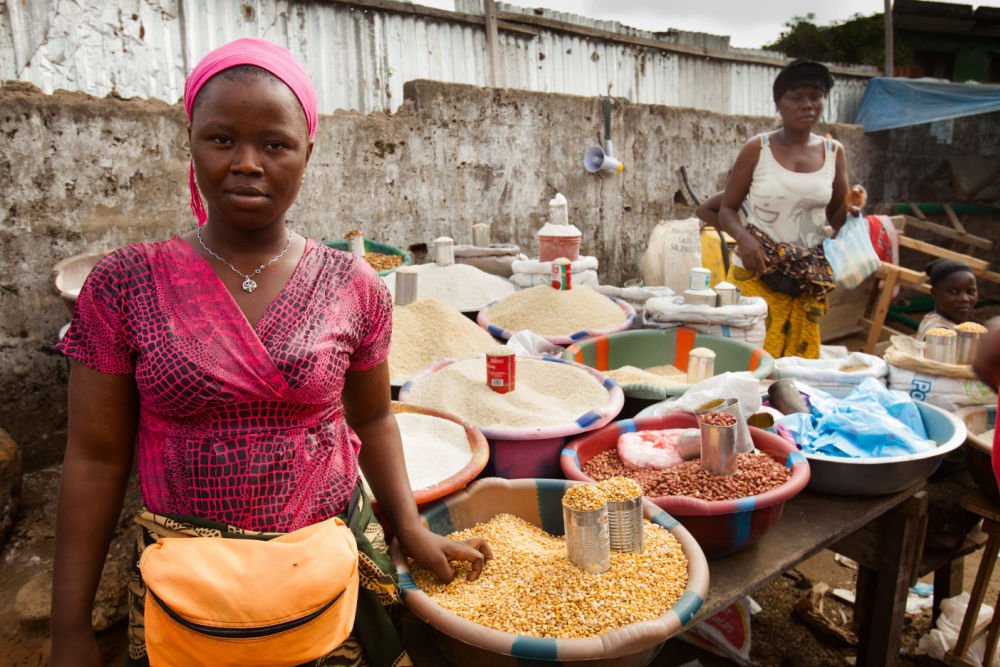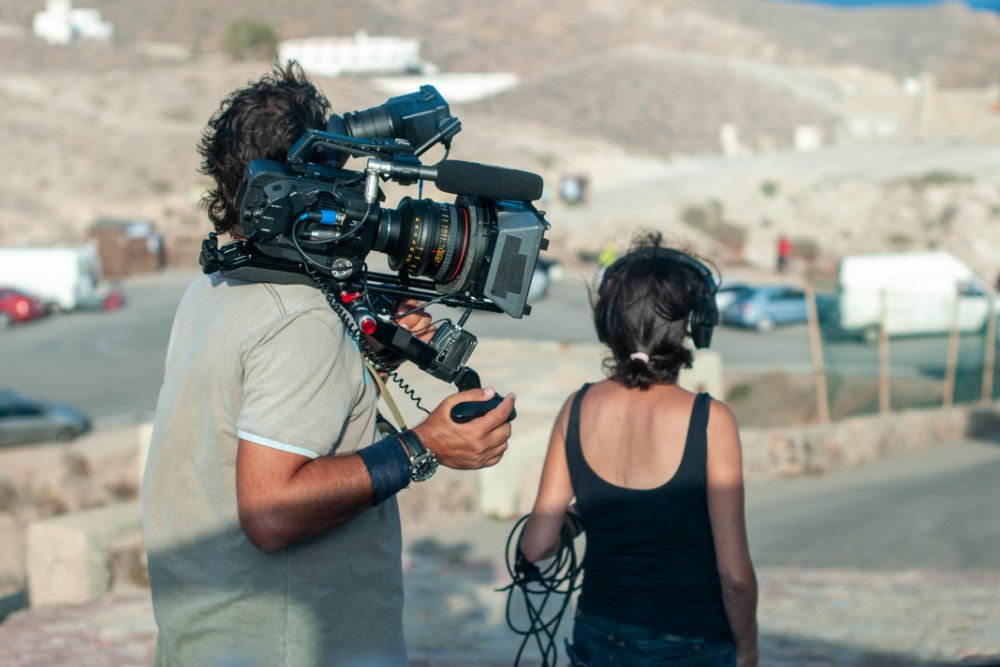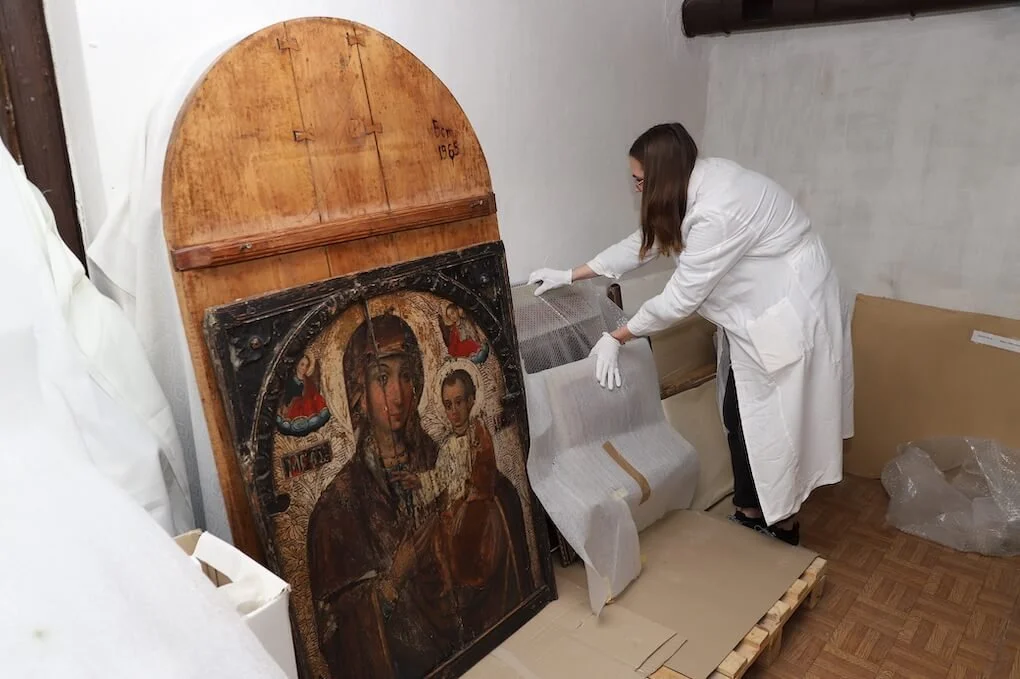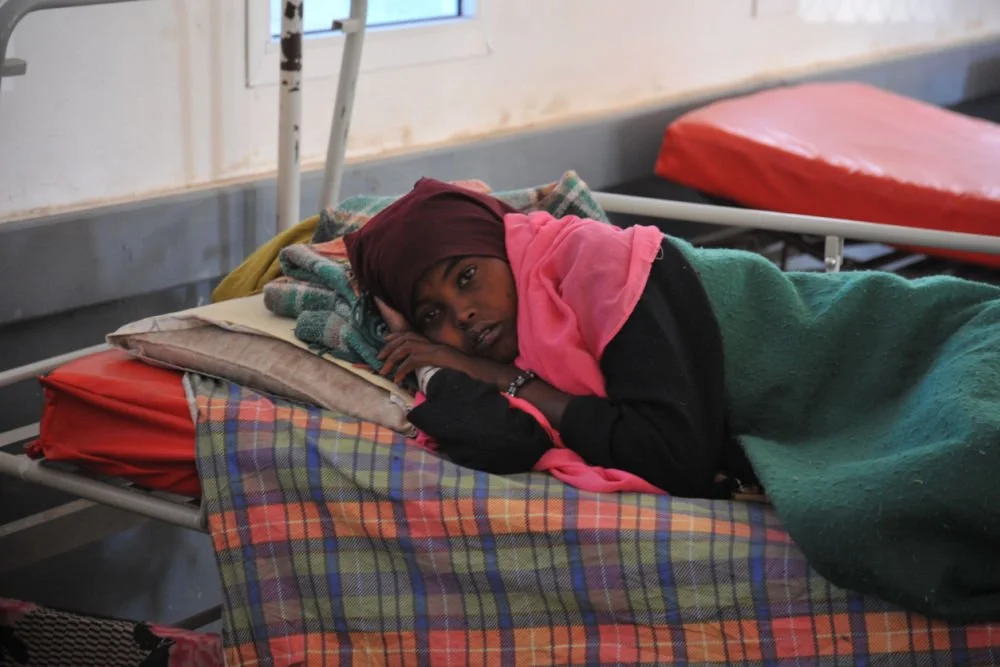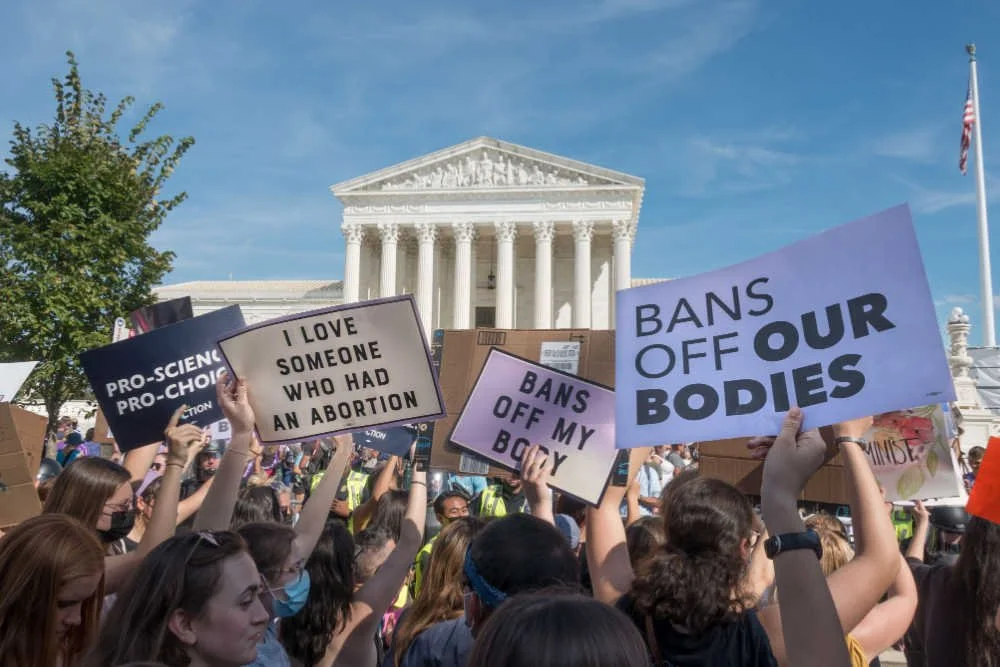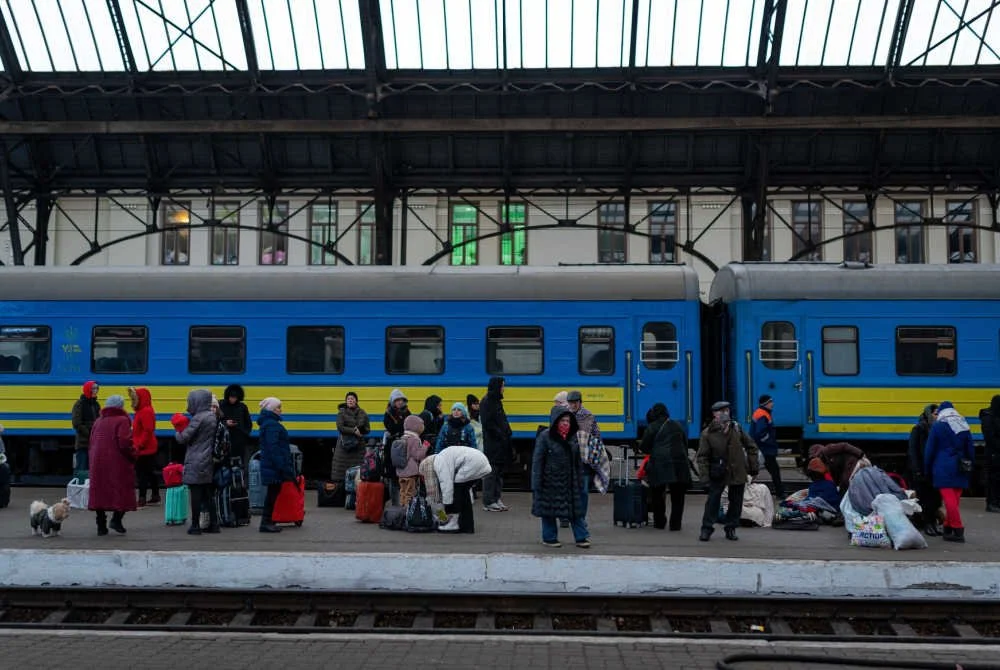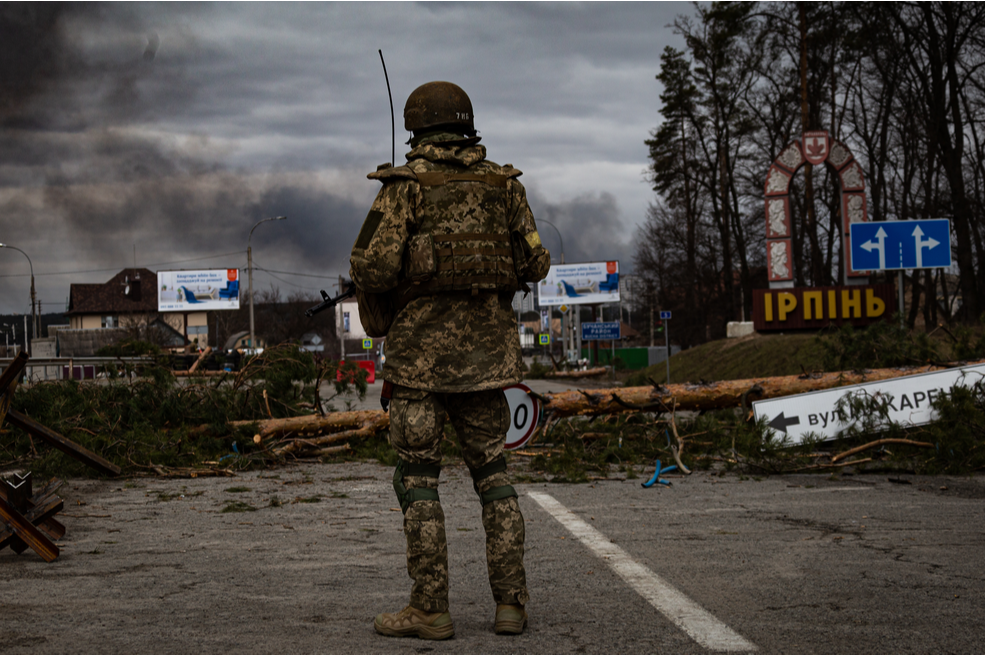Behind a Hard-Hitting Push Against Suffering in Africa: Well-Connected Leaders and High-Profile Donors
/Backed by a combination of high-profile individual donors and major foundations, the 10-year-old Enough Project and its newer investigative arm, The Sentry, have become increasingly sophisticated in their efforts to prevent mass atrocities in Africa and address the ever-present threats of famine and starvation on the continent.
The core founders of the two groups, Gayle Smith and John Prendergast, are longtime American human rights activists, journalists, and Africa experts who have traversed the nonprofit and government policy worlds for decades. Smith worked for the National Security Council on Africa issues as far back as the second Reagan administration and became a top adviser to Hillary Clinton at the State Department under Obama. Prendergast served on Bill Clinton’s National Security Council. Both have also served as formal and informal advisers to the United Nations, the World Bank and other intergovernmental organizations.
The Enough Project has pioneered an innovative approach to nonprofit advocacy that combines political networking, in-depth research and investigative reporting, quiet diplomacy, and global publicity campaigns to convince the United States and other governments to prevent atrocities, eliminate corruption, and encourage peaceful and democratic resolutions to armed conflicts in Africa. Thanks in part to its high-level connections, the group has enjoyed considerable success in shedding light on human rights abuses and also influencing developments on the ground in countries like the Congo and South Sudan. Even more striking, perhaps, it has managed to convince Congress and national policymakers to employ tools of financial pressure normally reserved for countering terrorism, organized crime and nuclear proliferation—with impressive results.
For example, in 2010 Enough helped secure passage of a landmark federal law to “apprehend or otherwise remove from the battlefield” internationally wanted war criminal Joseph Kony in order to end the 20-year reign of terror from his brutal Lord’s Resistance Army. Two months later, the project successfully advocated to have a provision inserted into the Dodd-Frank financial sector reform bill to help end the deadly “conflict minerals” trade from the Congo by forcing companies to be more transparent about where they source minerals from. The provision—barely noticed by outsiders—allowed Western nations to wrest control of the Congo’s mines from the nation’s warlords, which reduced their ability to fund and profit from the war.
Based on these early successes, Prendergast struck upon the idea of The Sentry—like Enough, composed of a small team of operatives with years of field experience, but with special financial forensic investigative skills—as a way of creating the research infrastructure to delve deeper into the complex linkages between war profiteers, government corruption, human rights atrocities and famine.
The group’s first major investigative report, titled "War Crimes Shouldn’t Pay: Stopping the Looting and Corruption in Southern Sudan," which took two years to complete, exposed South Sudan’s shadowy war economy and its links to a network of international facilitators, including bankers, arms dealers and multinational oil and mining companies. More recently, The Sentry released "Making a Fortune While Making a Famine," which zeroes in on a single top Sudanese military general’s illicit activities, which the report argues have led to near-starvation conditions for millions of his countrymen.
Perhaps befitting their unusual mission and methods, The Enough Project and The Sentry receive charitable support that is both high profile and quiet. Some of their most important funding comes from Hollywood-connected donors including Oscar-winning actors George Clooney and Don Cheadle, as well as Newman’s Own Foundation. Clooney, who co-founded The Sentry, and Cheadle often accompany Prendergast on field missions to Africa and appear alongside him at major media events, raising the group’s visibility. Small niche philanthropies such as the Scotland-based Hunter Foundation and Humanity United, established in 2008 by eBay auction site founder Pierre Morad Omidyar and his wife Pamela, have contributed significant sums to The Sentry during the past two years. Enough, meanwhile, has drawn support from more established philanthropic players, including the Carnegie Foundation of New York and the Tides Foundation (through its Open Square Project). You can see a full list of funders of the The Sentry here. However, complete details on the finances for Enough and The Sentry are hard to come by, since their operations have been funded through fiscal sponsors.
Enough began as an incubator project initially housed and supported through the Center for American Progress (CAP), which was founded by longtime Democratic Party operative John Podesta, who was Bill Clinton’s former chief of staff and a top adviser to Hillary Clinton during her recent presidential campaign. Last year, though, Enough ended its close relationship with CAP. It has since re-affiliated with the New York-based New Venture Fund, established in 2006 in response to “demand from leading philanthropists for an efficient, cost-effective, and time-saving platform to launch and operate charitable projects,” according to the group’s website.
With The Sentry's latest report making international headlines, Prendergast is seeking to expand the group's investigative operations while developing a global advocacy effort to impose financial consequences on top leaders in Africa and their international collaborators. In an attempt to build its financial forensic investigative team, the group is currently soliciting support from a number of individual philanthropists and building relationships with new funders, including the Hewlett Foundation. The Sentry also plans to place more emphasis on providing dossiers to banks directly, using its new personnel in Brussels and London as a springboard for investigative activities based in Europe.
"We have the potential and the connections to do so much more," Prendergast told Inside Philanthropy.




